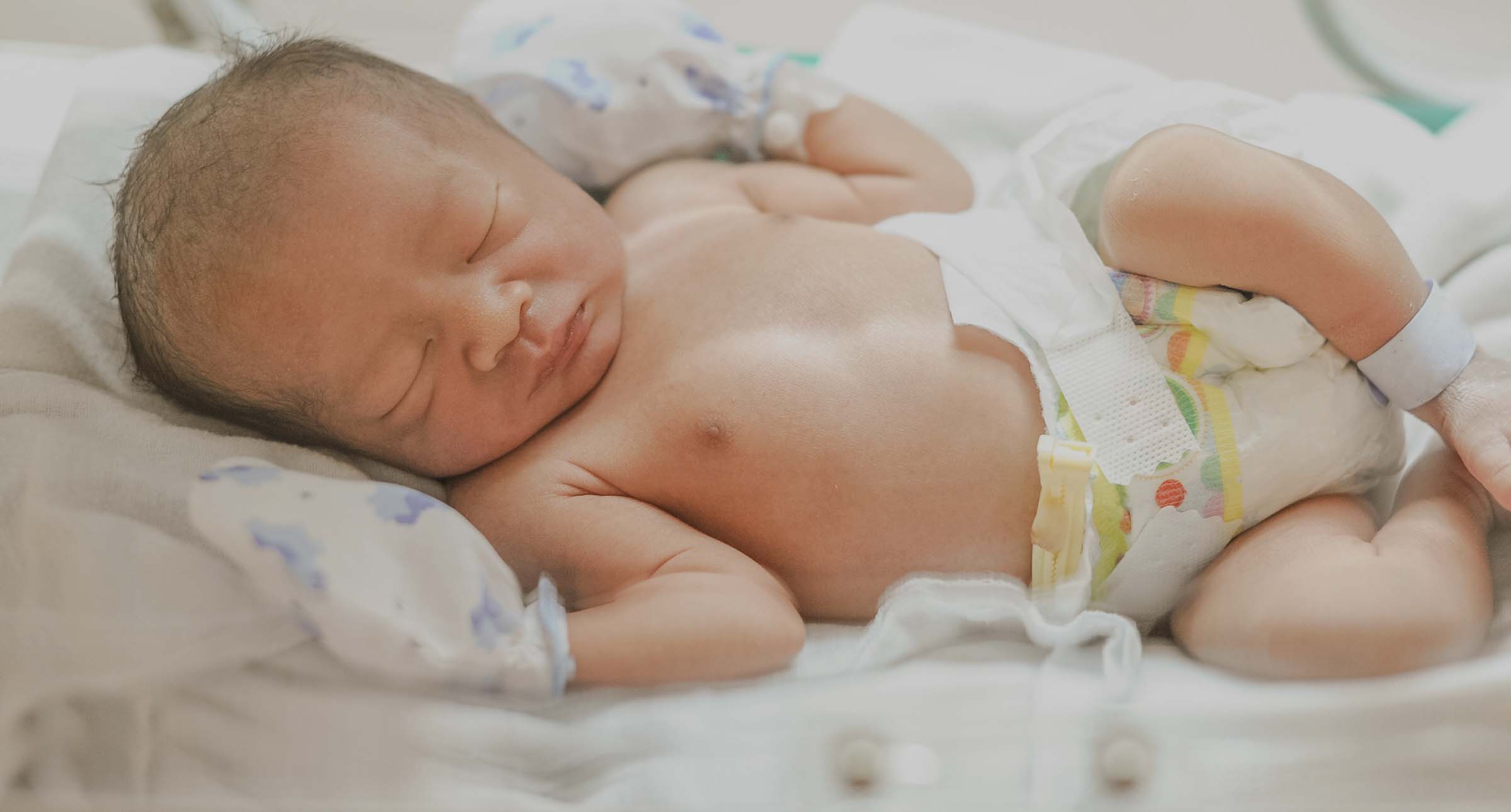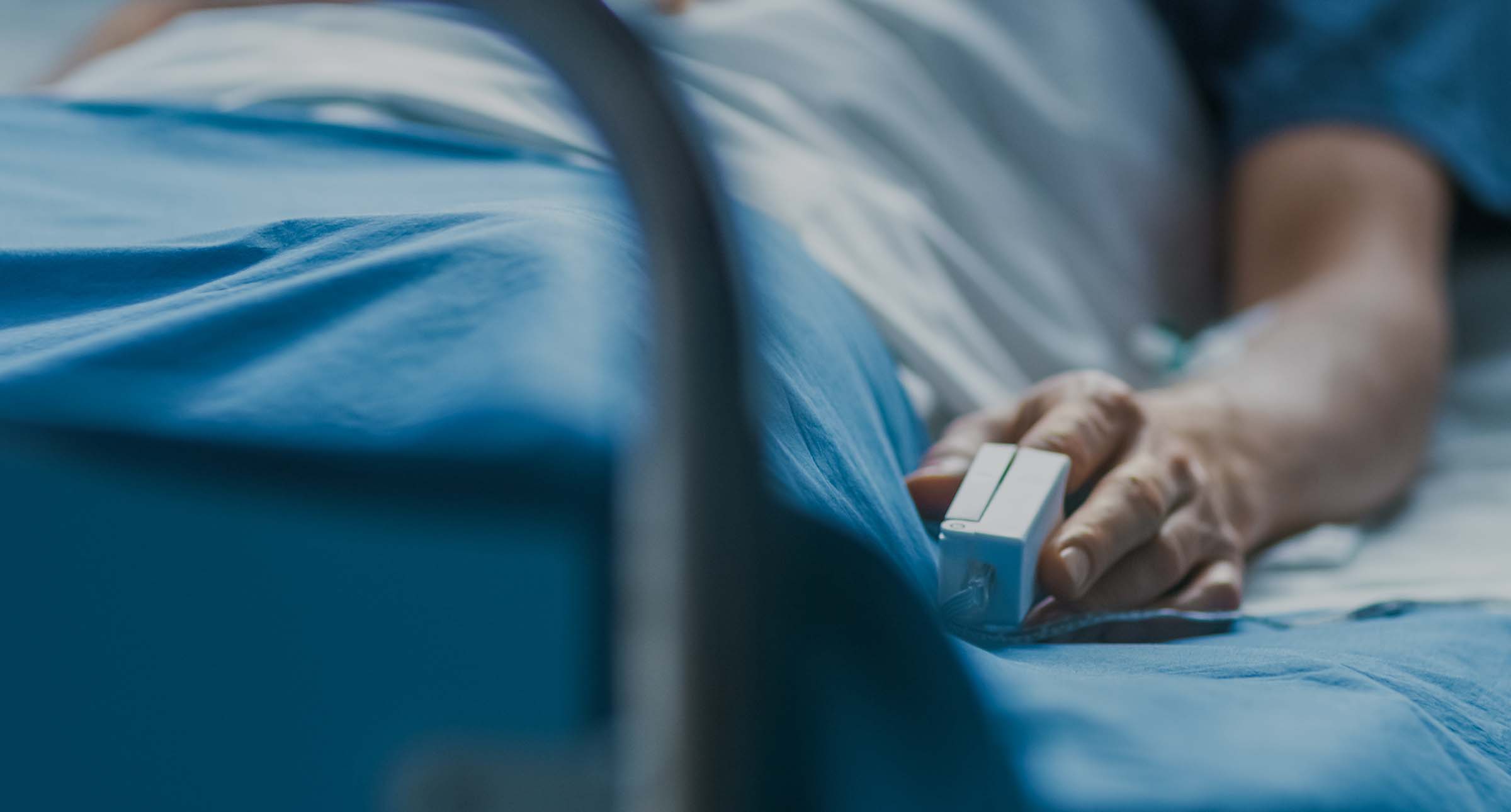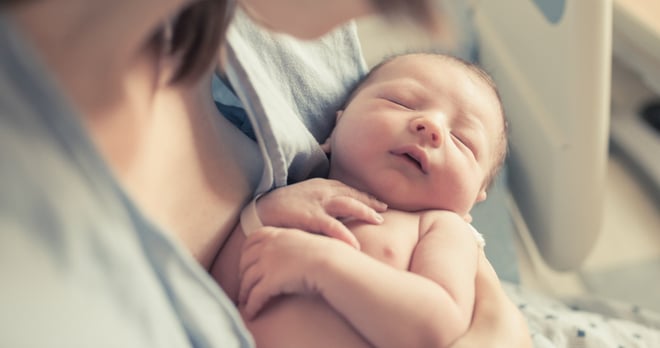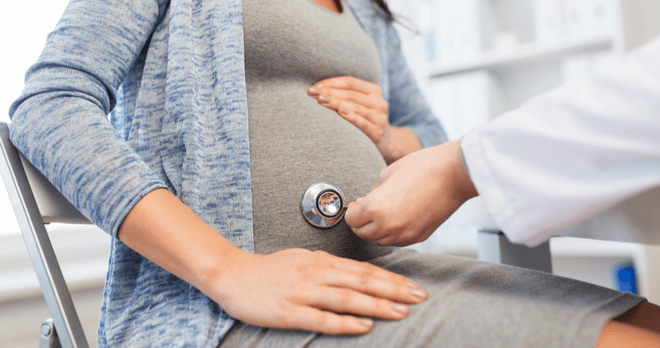Group B Strep and sepsis – the need to raise national awareness continues
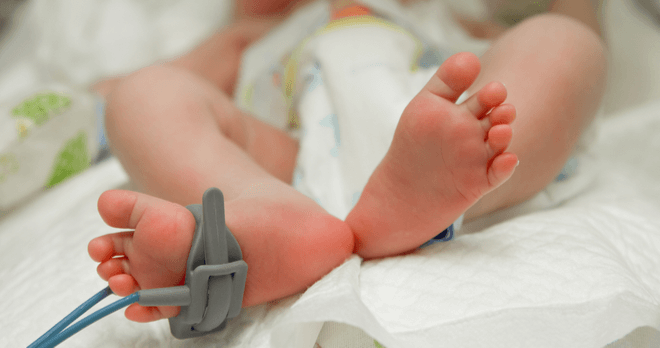
It was World Sepsis Day on 13 September 2022: an opportunity to raise awareness of sepsis, its symptoms and the impact it can leave on those who have suffered the impact of a sepsis infection themselves or within their family.
The Sepsis Trust defines sepsis as “the body’s overwhelming and life-threatening response to infection that can lead to tissue damage, organ failure, and death. Medically, sepsis is your body’s immune system overresponding to an infection.”
A Leicester mother recently told her story of the devastating impact that her sepsis, caused by Group B Strep (GBS) infection, had on herself and her newborn daughter.
Mrs Vaja told ITV news that she had developed a systemic infection from GBS, which developed into sepsis. Her unborn daughter Uma had to be delivered by emergency caesarean section at 34 weeks and was also systemically unwell having contracted her mother’s infection, requiring resuscitation at birth and admission to the neonatal intensive care unit. Thankfully baby Uma has now made a full recovery.
Mrs Vaja told ITV news that: “I think we need to raise awareness of Group B Strep and the infections it can lead to, the devastation it can lead to.” She continued: “It only happens to a minority, but that minority leave with stories that haunt them for the rest of their life.”
How GBS infection can be avoided
The main concern of Mrs Vaja was that women were not routinely advised as part of their antenatal care of the availability of a simple £15 self-completed test which could be undertaken, giving the mother knowledge as to whether she is carrying GBS or not.
She also raised the extremely important fact that mothers of Black or Asian ethnicity were statistically much more likely to have infants who suffer from disease related to GBS colonisation. In infants of Black ethnicity the overall rate of invasive GBS disease is 51% higher than for White infants, and 28% higher for infants of Asian ethnicity; these are truly shocking statistics.
It has recently been a top priority for the Royal College of Obstetricians and Gynaecologists (through their Race Equality Taskforce) to see much improved care for women of colour to eliminate any disparity in clinical outcomes for women of colour and their babies.
It is recommended by organisations such as Group B Strep Support that all women should test for GBS carriage in the last five weeks of their pregnancy, so any time from 35 weeks onwards. Although Mrs Vaja’s delivery was premature it is important that all women are informed about GBS generally and given information in order to make an informed choice about GBS testing in their pregnancy, even if this involves opting to pay for a test privately.
The charity Group B Strep Support of course continue to campaign that all pregnant women are offered the opportunity of a GBS specific test late in pregnancy as part of their routine ante natal care. A cause strongly supported by the solicitors at RWK Goodman who very sadly continue to represent children affected by the brutal effects of GBS becoming a systemic, invasive infection.
If you or your child has been injured as a result of negligent treatment of sepsis brought about by Group B Strep infection, our solicitors may be able to help you seek compensation.
Call now
